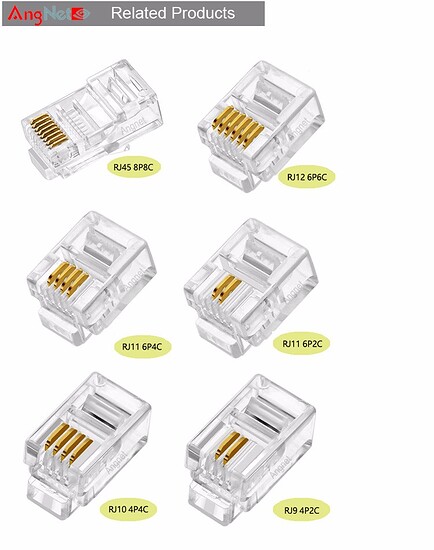Issue with samba transfer performance. it is slower than expected. any ideas?
-
I get around 95 MB /s
-
Ubuntu server 20.04
- hpe dl80 gen9, 2x e5-2640v3 cpus, 64 gb ram, 2 x H240 HBA cards
- ZFS pool
- 3 mirror vdevs all 8tb seagate exos drives, 6 drives total in this pool
- networking
- hpe 560FLR-SFP+
- connected to ubiquiti pro aggregation switch
-
Ubuntu desktop 20.04 client
- workstation with nvme storage
- networking
- aquantia 10 base-t networking card
- connects to ubituiti pro aggregation switch using a sfp to 10 base-t converter
- runs at 5g due to the cable length from the switch but has no packet loss at 5g
-
iperf3 from client to server
- [ 5] 0.00-10.00 sec 5.36 GBytes 4.61 Gbits/sec 10 sender
- [ 5] 0.00-10.00 sec 5.36 GBytes 4.60 Gbits/sec receiver
-
/etc/samba/smb.conf
log level = 0
#socket options = TCP_NODELAY
socket options = TCP_NODELAY IPTOS_LOWDELAY SO_RCVBUF=65536 SO_SNDBUF=65536
#socket options = TCP_NODELAY SO_RCVBUF=131072 SO_SNDBUF=131072 SO_KEEPALIVE IP>
#socket options = TCP_NODELAY SO_RCVBUF=131072 SO_SNDBUF=131072 IPTOS_LOWDELAY
read raw = yes
write raw = yes
min receivefile size = 16384
#use sendfile = true
aio read size = 0
aio write size = 0
server signing = no
#strict locking = no
#oplocks = yes
#max xmit = 65535
#dead time = 15
#getwd cache = yes
#use sendfile = true
#client min protocol = SMB2
server multi channel support = yes
